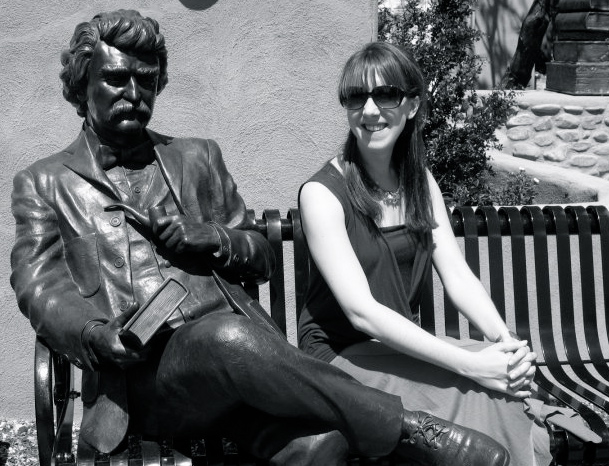Critical Mass readers will know we are now in our fourth year of “NBCC Reads.” This survey allows us to draw on the bookish expertise of our membership, along with former NBCC winners and finalists. This spring's question: What's your favorite comic novel? was inspired by this past year's awards in fiction– NBCC fiction award winner Jennifer Egan's at-times hilarious “A Visit from the Goon Squad” (which also won this year's Pulitzer and the Los Angeles Times book award in fiction) and Irish writer Paul Murray's darkly comic “Skippy Dies,” an NBCC fiction finalist. We heard from more than 100 of you (thanks!). We do not tabulate votes or rank the titles under discussion. Instead, we simply give an idea of the authors or particular titles that seem to be tickling out collective fancy. The first of the series, and the most noted comic novel of the lot, was Joseph Heller's Catch-22, first published in 1961. (We're including worthy second choices, as well.) Other favorites so far: Vladimir Nabokov, Evelyn Waugh, Richard Russo's “Straight Man,” Kingsley Amis's “Lucky Jim,” two by Flann O'Brien, “Oldies but Goodies” like Henry Fielding's “Tom Jones” and Jane Austen's “Pride and Prejudice,” plus Charles Portis. Today's posting is one of our “Long Tail” entries.

Chelsey Philpot, Associate Book Reviews Editor at School Library Journal, freelance book reviewer, NBCC member:
When I tried to pick a great funny novel, the first book that came to mind was also one of the very first I read on my own that was truly laugh out-loud funny: Roald Dahl's The BFG. And of course once I graduated to his adult short stories, with their macabre sense of humor and appreciation for absurdity, I became a life-long fan.
For me, Joyce Cary's The Horse's Mouth is not merely the best comic novel I've read, but the best novel of any kind I've read (although not the most important one). The hell with the puritanical idea that the greatest literature must drag us humorlessly into the darkest truths about existence. I'm also as daftly dedicated to the pursuit of beauty as Gully Jimson, the painter who is the novel's protagonist. He seems to me the most authentic personification of The Artist in all of literature, as well as a hilariously funny total scoundrel–with a diction that makes the tale he tells a veritable poem, to boot. Gully's supporting cast, particularly Nosy Barbon, his very young, achingly worshipful admirer, and Mrs. Coker, his bar-tending friend, are a delight as well.
Love in a Cold Climate by Nancy Mitford: For its biting ironical asides, witty observations of the missteps of the upper echelons, and general sympathy toward faux pas of the heart.
Under the Glacier by Halldór Laxness: Halldór has a keen eye for absurdity, even in the most serious or grim of circumstances. His sense of humor makes one laugh out loud while at the same time revealing much deeper truths.

